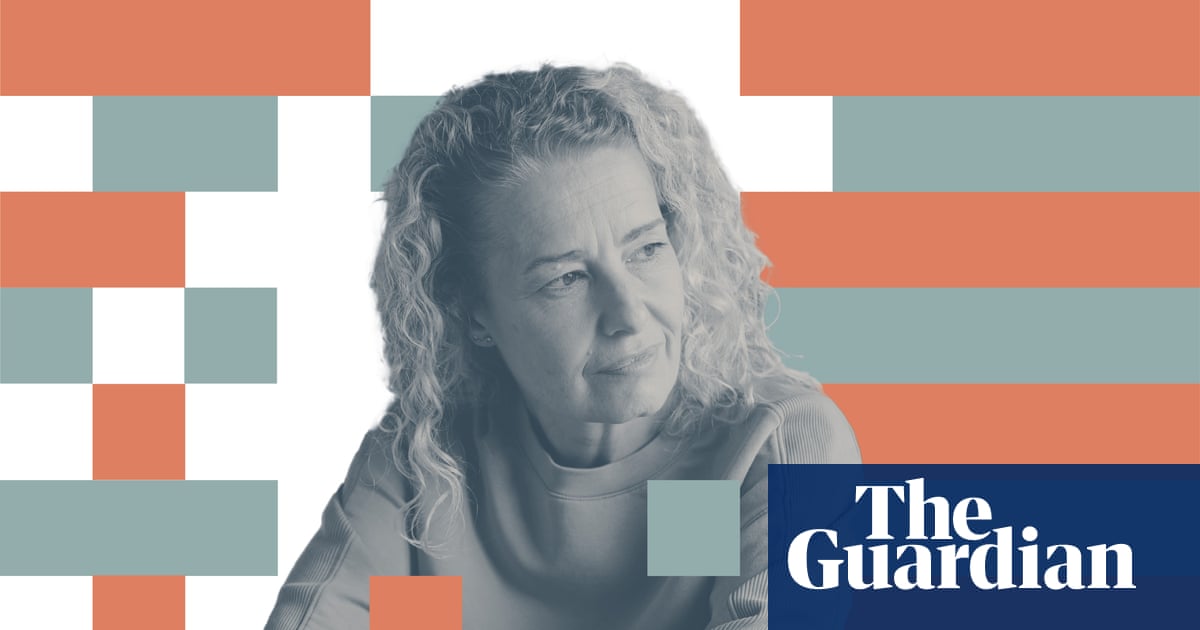
"If we want to build a better life, we have to be able to not know. Does that sound confusing? Perhaps you don't know what I'm talking about? Good! That's great practice. If you cannot tolerate not knowing, you run the risk of arranging your life so you can know everything (or at least try to), and you may end up sapping your existence of any spontaneity and joy."
"Being able to not know, for the poet John Keats (and the psychoanalyst Wilfred Bion who quoted him), means being capable of being in uncertainties, mysteries, doubts, without any irritable reaching after fact and reason. It gives rise to a state of mind in which your thoughts can wander and wonder, you can be curious, have feelings, and out of those feelings can grow thoughts, and you can dream and test out ideas and explore."
"It is bad enough when I don't know something that I will eventually know: waiting for exam results, or to hear back from a job interview, setting a timer for a pregnancy test each of these experiences is excruciating for me. I used to tie myself into all sorts of knots, convincing myself that I knew the result would be the bad one, to protect myself from the not knowing and the potential for disappointment."
Tolerating not-knowing permits presence in uncertainties, mysteries, and doubts without compulsive demands for facts. That tolerance allows thoughts to wander, curiosity to arise, feelings to generate ideas, and experimentation and exploration to follow. An inability to tolerate uncertainty prompts overplanning, eradicates spontaneity, and prevents genuine discovery and relationship development. Waiting for knowable outcomes can be acutely painful and provoke self-protective pessimism. Even harder are open-ended judgments with no single correct answer, which require balancing competing outcomes. Cultivating the capacity to endure not-knowing is necessary for personal growth, better decision-making, and a more vibrant life.
Read at www.theguardian.com
Unable to calculate read time
Collection
[
|
...
]